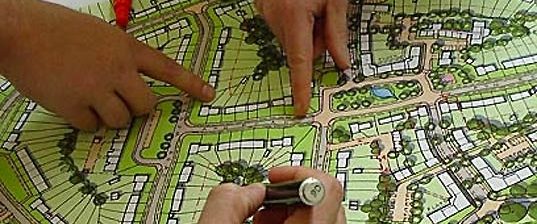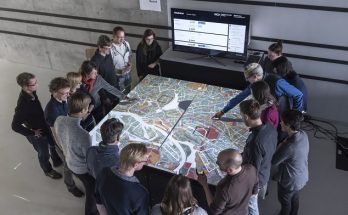Policy analysis and planning theory are two interconnected domains crucial to the effective governance and management of public affairs. Policy analysis involves a systematic evaluation of policy options to address specific public issues. It employs various methodologies to assess the feasibility, efficiency, and equity of proposed policies. Analysts consider a range of factors including economic impacts, social consequences, and political feasibility to provide evidence-based recommendations to policymakers. This process aims to ensure that policies are not only well-informed but also capable of achieving their intended outcomes.

Planning theory, on the other hand, deals with the frameworks and philosophies that guide the development and implementation of plans within urban, regional, and environmental contexts. It encompasses a broad spectrum of approaches, from rational comprehensive planning, which emphasizes systematic, data-driven decision-making, to more contemporary participatory and communicative planning models that prioritize stakeholder engagement and collaboration. Planning theory seeks to understand the complexities of spatial and social environments and to design strategies that are responsive to the needs and aspirations of communities.

The integration of policy analysis and planning theory is essential for translating policy ideals into actionable and sustainable plans. Effective planning requires robust policy analysis to ensure that strategies are grounded in empirical evidence and practical realities. Conversely, planning theory provides the conceptual tools needed to navigate the often messy and contested terrain of public policy implementation. By bridging the gap between analytical rigor and theoretical insight, policymakers and planners can develop more holistic and adaptive approaches to addressing the multifaceted challenges facing society today.




